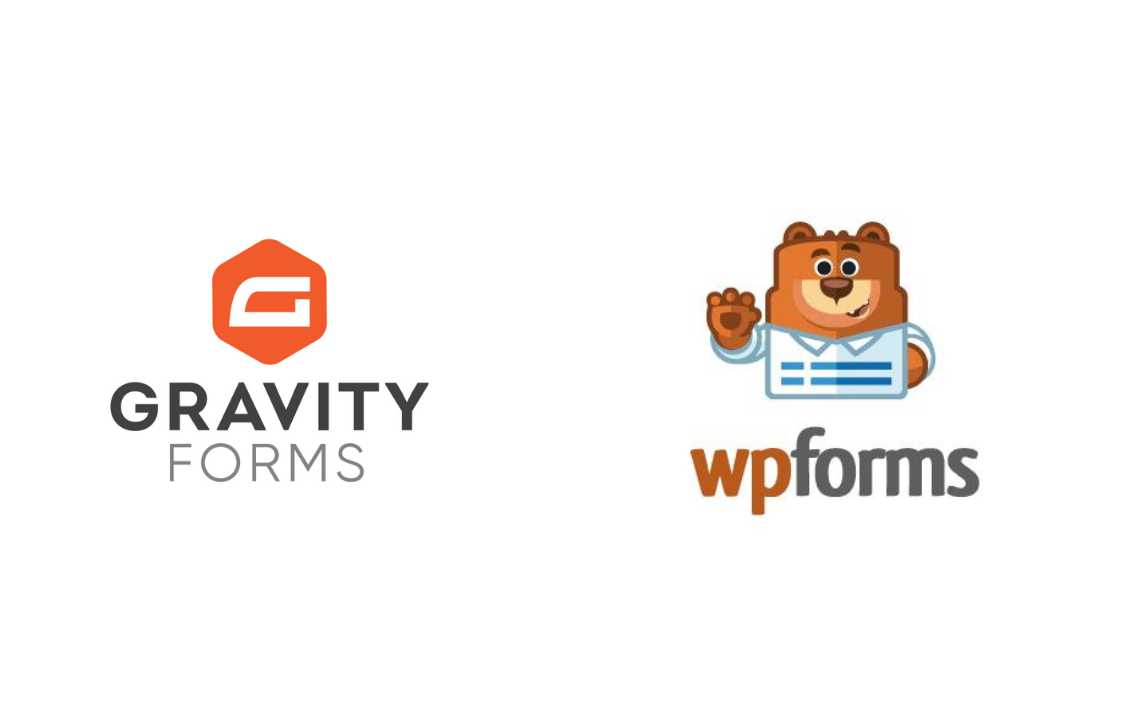Policy
Gravity Forms vs. WPForms: Choosing the Best WordPress Plugin
WordPress powers millions of websites across a wide range of businesses, making it the most widely used content management system (CMS) in the world. The abundance of useful plugins that can be installed with little to no understanding of code is a major factor in WordPress’s widespread adoption. When it comes to creating forms on WordPress websites, two plugins stand out: Gravity Forms and WPForms. In this article, we will compare these two plugins to help you choose the best one for your WordPress site.
Understanding Gravity Forms
Gravity Forms is a robust and versatile form builder plugin for WordPress. Its powerful capabilities, adaptability, and user-friendliness have earned it widespread acclaim. With Gravity Forms, users can create complex forms with multiple fields, conditional logic, and even integrate them with third-party services and payment gateways. It offers a drag-and-drop interface, making it accessible for beginners, while also providing advanced customization options for developers.
Pros of Gravity Forms:
- Advanced Features: Gravity Forms offers advanced features such as conditional logic, file uploads, and calculations, allowing users to create complex and interactive forms.
- Integration Options: It integrates seamlessly with various third-party services, CRMs, email marketing platforms, and payment gateways, making it ideal for businesses and e-commerce websites.
- Developer-Friendly: Developers appreciate its extensibility and the ability to customize forms using hooks and filters, providing a high level of control over form functionality and appearance.
- Support and Documentation: Gravity Forms provides excellent support and comprehensive documentation, ensuring users can easily find solutions to their queries.
Cons of Gravity Forms:
- Pricing: Gravity Forms is a premium plugin, meaning it comes with a price tag. While there is a basic version available, the advanced features require a paid license, which might be a drawback for budget-conscious users.
Exploring WPForms
WPForms, on the other hand, is a user-friendly WordPress form plugin designed for beginners and small to medium-sized businesses. It prides itself on its simplicity, making it easy for anyone to create forms quickly. Despite its simplicity, WPForms offers a range of essential features necessary for creating functional and visually appealing forms.
Pros of WPForms:
- Ease of Use: WPForms is incredibly user-friendly, making it the perfect choice for beginners and users who are not tech-savvy. Its drag-and-drop interface allows for effortless form creation.
- Pre-built Templates: WPForms provides a variety of pre-built form templates for common use cases, saving users time and effort in designing forms from scratch.
- Affordability: WPForms offers a free version with basic features, making it an attractive option for users on a tight budget. The premium versions, while paid, are reasonably priced and offer great value for money.
- Add-Ons: WPForms offers several add-ons that allow users to integrate their forms with popular email marketing services, payment gateways, and CRMs, enhancing its functionality.
Cons of WPForms:
- Limited Advanced Features: Compared to Gravity Forms, WPForms has limitations in terms of advanced features and customization options. Users with complex form requirements might find it lacking.
- Less Extensible for Developers: While WPForms is beginner-friendly, it might not offer the same level of customization options and extensibility that developers seek.
Choosing the Right Plugin for You
When it comes to choosing between Gravity Forms and WPForms, the decision depends on your specific needs and budget. If you require advanced features, high customization options, and have a budget to invest, Gravity Forms is the superior choice. It is ideal for businesses, e-commerce websites, and organizations that need complex and feature-rich forms.
On the other hand, if you are a small business owner, blogger, or a beginner looking for an easy-to-use and affordable solution, WPForms is an excellent option. Its simplicity, pre-built templates, and affordability make it an attractive choice for users with basic form requirements.
In conclusion, both Gravity Forms and WPForms have their strengths and weaknesses. Consider your website’s needs, your level of technical expertise, and your budget before making a decision. Whichever plugin you choose, both Gravity Forms and WPForms will enable you to create effective and professional-looking forms for your WordPress website, enhancing user engagement and interactivity.

